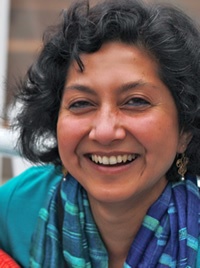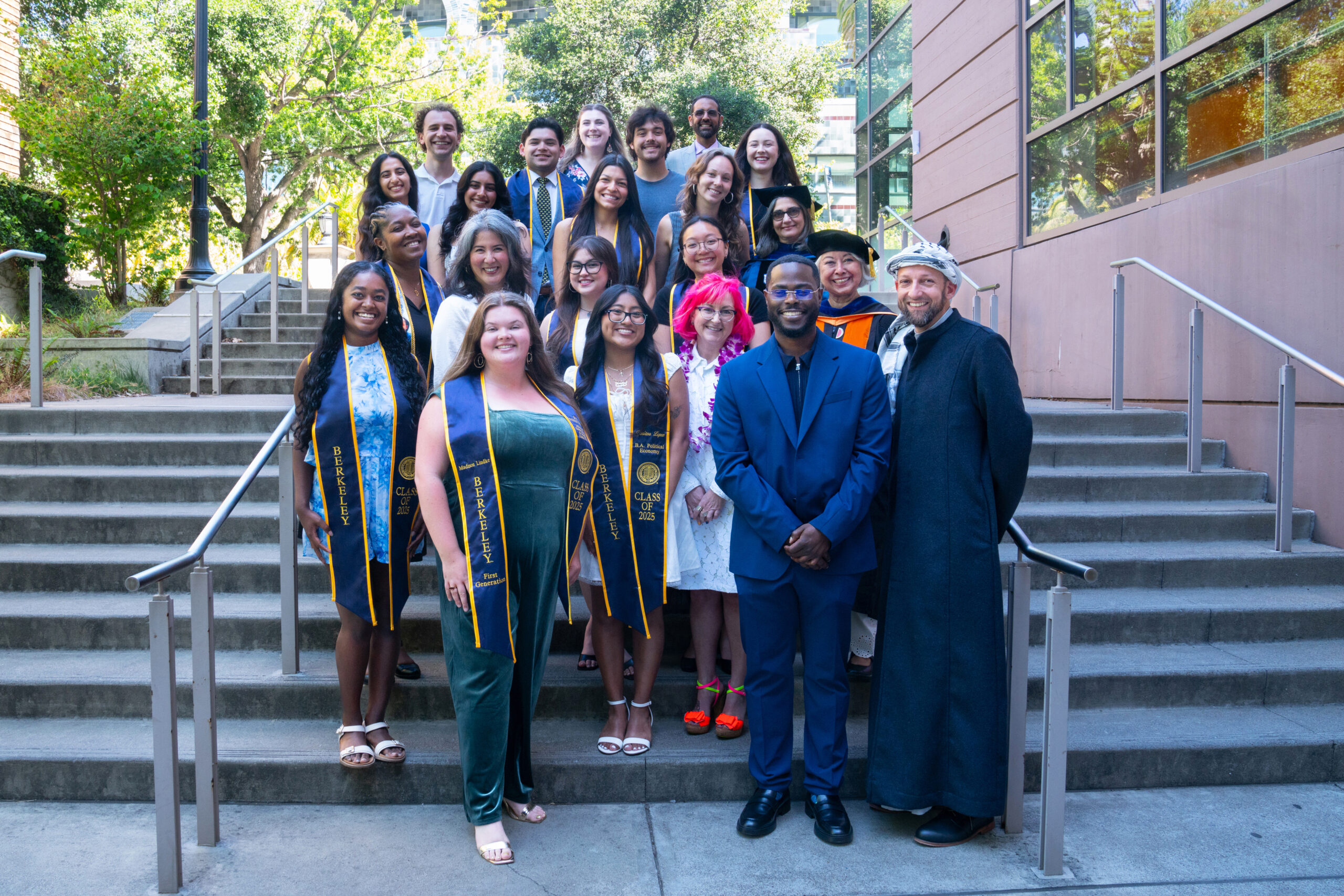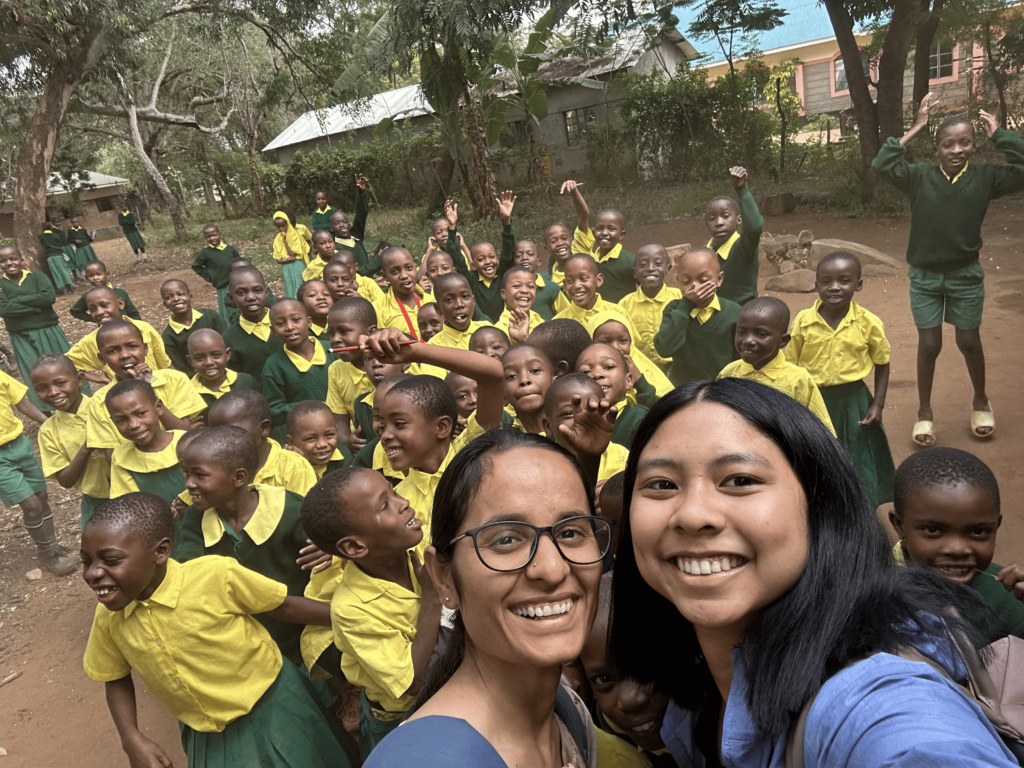By Tamara Straus
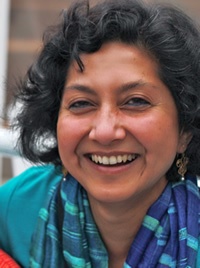
In 2013 Isha Ray, a UC Berkeley professor and international water expert, received a request from UN Women—to determine whether progress on sanitation in the world’s poorest places has been gender equal.
“I realized I couldn’t answer that question,” said Ray, who has spent 16 years studying the intersection of economic development and safe water. “Having potties here and there doesn’t tell me whether they’re serving women’s needs. ”
Although access to sanitation in the world’s poorest places has improved markedly over the past decade and has become one of the 17 Sustainable Development Goals announced by the United Nations in September 2015, the question of women’s needs, particularly menstrual hygiene management, has not been widely addressed in sanitation programs. This is largely because there are still many cultures that consider a menstruating female unclean, untouchable, or bad luck.
Among international development researchers, female-specific sanitation also has not received much attention. A forthcoming scholarly literature review by the UN’s Water Supply & Sanitation Council (WSSCC) has discovered that there has been very little analysis when it comes to the question of whether toilet access, design, or programs satisfy female needs around menstruation, menopause, and infant or elder care. And although there is a big push (and need) to implement off-grid toilets at the home level, there are few sanitation programs specifically designed to make sure low-income girls and women in developing countries have the access, privacy, and conditions they need to go about their public lives when they are menstruating, pregnant, or recovering from pregnancy.
“The WASH [water, sanitation, and hygiene] community is obsessed with stopping outdoor defecation and installing latrines at the household level,” said Archana Patkar, program manager of WSSCC, during a recent lecture at UC Berkeley’s Blum Center for Developing Economies. “This is important and necessary, but girls and women are not always at home—they are in school, they are working. And when they don’t have access to adequate sanitation and they are menstruating, 36 percent of girls and 96 percent of women don’t go to school or work.”
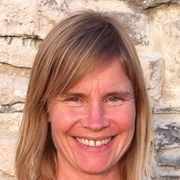
Facts like these have compelled Professor Ray, along with research partners Kara Nelson, a professor in UC Berkeley’s Department of Environmental and Civil Engineering, and Michael Lindenmayer, CEO of the nonprofit Toilet Hackers and a UC Berkeley visiting scholar, to commence an action-research project they are calling “Trisan: Going Beyond the Bowl to Achieve Gender Equity in Sanitation.”
The project, which has received seed money from the Blum Center’s Development Impact Lab, will research women’s needs for safety and privacy—not only for defecation, but also for urination and menstrual hygiene management. It aims to develop programs and practical education and outreach material in collaboration with WASH-related NGOs, girls’ schools in India, and the WCSCC.
Ray said during her past two years of research, she has found that most sanitation programs are still being designed implicitly for the male body’s needs. “Although the defection needs are the same, the urination needs are not the same,” she said. “Females cannot pee standing. They cannot use public urinals or go behind a tree. It’s not modest. So the ratio of toilet facilities to bodies in schools, slums, and streets needs to be examined.”
One of the arguments that Ray, Nelson, and Lindenmayer have begun to make is that sanitation programs should be geared explicitly toward female bodies and female needs. The reason, said Ray, “is if sanitation programs are designed for female needs, they will also serve male needs and disabled needs.” Men may not need to use a private latrine four times a day outside of their homes, but menstruating women do. This difference, argued Ray, should have a significant effect on current thinking around multi-family sanitation units in the world’s increasingly populous slums, settlements, and refugee camps.
So far, the Beyond the Bowl research team has not come up against much criticism with these initial research concerns, but it has gotten some important feedback. Among public health experts, said Ray, the questions they encounter are: What is your hypothesis? What are you going to test? Ray said those questions will be answered through their collaborative research. As for city planners, they point out that designing sanitation services for low-income women is more expensive. “Actually, I agree with that,” said Ray “But if it is, then it is, and we have to think about creative financing.”
Ray said she also agrees with those in environmental engineering who say that dealing with waste removal is imperative, and that flushable toilets in low-income public spaces in many developing countries are a long way off. “We must focus on these engineering questions, absolutely,” said Ray, “but we have to add menstrual waste to our waste disposal problems. We can’t just have fecal waste to worry about. Where are those pads going to go?”
Ray is quick to answer her own question: “Those pads are going into the toilet or into the pit latrine. Is it any wonder they fill up? Or they go in a girl’s bag, next to her books and her lunch. Or they are furtively tossed away. Or they have nowhere to go, so females stay home and miss school and work. All of these are bad solutions relative to creative financing.”
In the end, Ray and her colleagues believe the international community needs to start designing and promoting sanitation to achieve gender equality, in addition to public health. “One of the core principles of the 1948 Universal Declaration of Human Rights adopted by the United Nations was the principle of nondiscrimination,” said Ray. “Human rights cannot discriminate by religion, gender, age, language, or sexual orientation. Yet I feel sanitation programs, with the best intentions in the world, in fact violate that core principle—because they’re geared toward defecation and not urination and menstrual hygiene management.”
The short-term timeline for Ray and her colleagues’ research is to build out their network of sanitation experts and sanitation-focused NGOs and to finish a position paper on achieving gender equality through sanitation, which they will present at the March 2016 meeting of the UN Commission of the Status of Women in New York.
“Of course, we’re not going to argue that we can achieve gender equality exclusively through sanitation; that’s crazy,” said Ray. “But we will ask the Commission to consider sanitation as a pathway towards gender equality—exactly as we would consider employment opportunities or educational opportunities pathways.”

